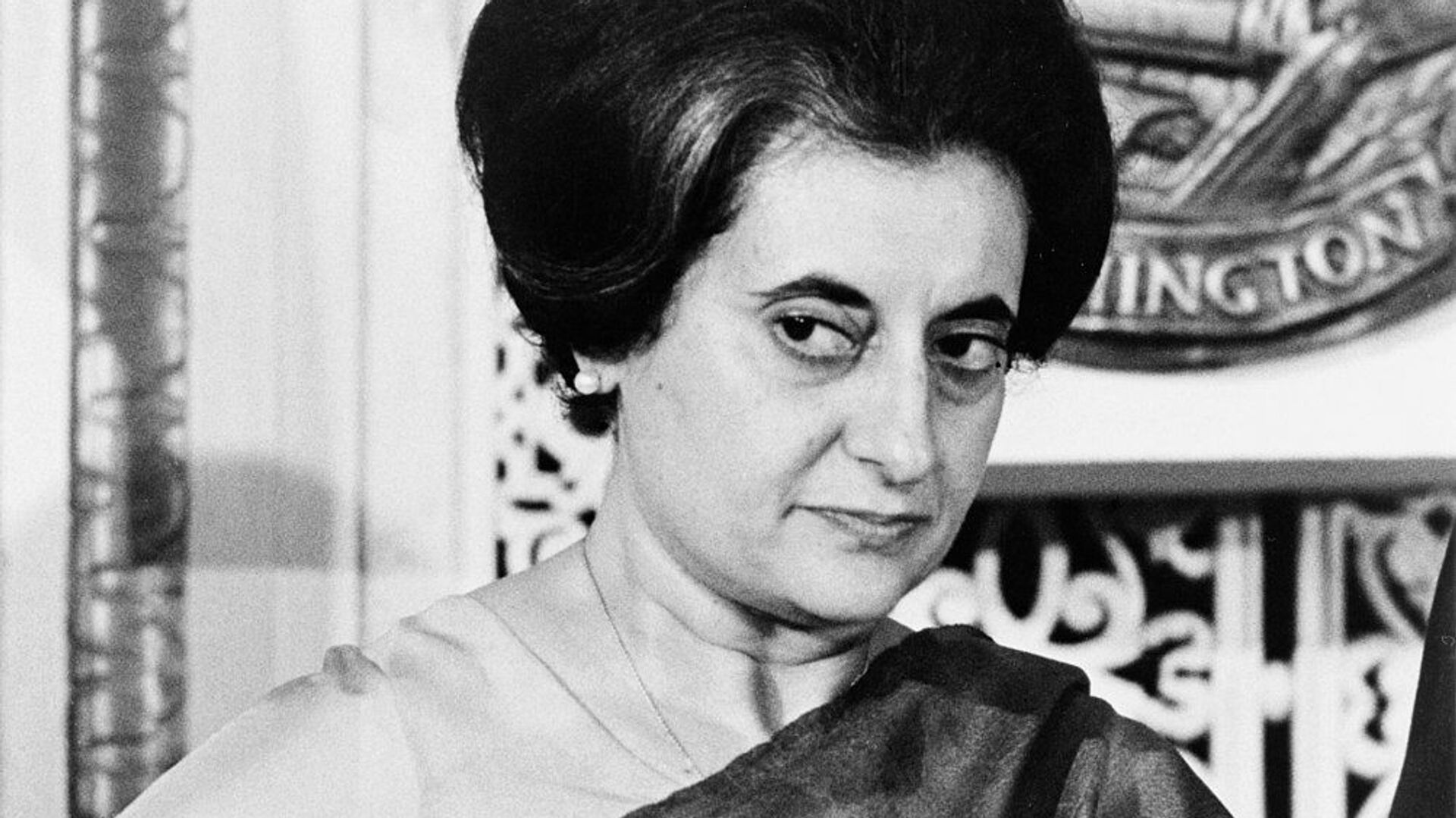India's ruling Bharatiya Janata Party (BJP) has declared 25 June - the 46th anniversary of the Emergency called by prime minister Indira Ghandi - to be 'Black Day' to remind Indians of the horrors of the period, even though the BJP has often used it to attack the main opposition party, Congress.
In an explosive tweet, India's Prime Minister and leader of the saffron party, Narendra Modi, said that the period witnessed the systematic destruction of institutions.
"The Dark Days Of Emergency can never be forgotten. Let us pledge to do everything possible to strengthen India's democratic spirit, and live up to the values enshrined in our constitution," Modi posted on Twitter. In the next tweet, he added: "This is how Congress trampled over our democratic ethos. We remember all those greats who resisted the Emergency and protected Indian democracy".
The #DarkDaysOfEmergency can never be forgotten. The period from 1975 to 1977 witnessed a systematic destruction of institutions.
— Narendra Modi (@narendramodi) June 25, 2021
Let us pledge to do everything possible to strengthen India’s democratic spirit, and live up to the values enshrined in our Constitution.
In 1975, India's prime minister - and president of Congress party - Indira Gandhi imposed a 21-month long 'Emergency period' after the Allahabad High Court disbarred her as a lawmaker for six years on the grounds of electoral malpractice.
The period between 1975 and 1977 is considered one of the worst times in independent India because of the blatant violation of human rights as the press was censored, opposition leaders were arrested to curb protests, elections were postponed and laws were rewritten by the Congress government.
People were forced to be sterilised to reduce the rising population, the state government in Tamil Nadu was dissolved, and the right to move the court for enforcement of Fundamental Rights was suspended.
25 जून 1975 की उस रात देश के लोकतंत्र को कुचल दिया गया था,
— BJP (@BJP4India) June 25, 2021
तानाशाही और दमन का वो मंजर जो देश ने उस समय देखा वो कभी नहीं देखा था।
आज जब हम खुली हवा में सांस ले रहे हैं, तब भी लोकतंत्र की हत्या के वो दृश्य भुलाए नहीं भूलते।#DarkDaysOfEmergency pic.twitter.com/dtv87ghY8B
Ironically, Modi himself has been accused of trampling on freedom of speech and the right to dissent since he became prime minister in 2014. Activists have over the years claimed that India is at present reeling under similar horrors to those experienced in the Seventies while Modi tries to "subvert India's democracy". Former federal minister Yashwant Sinha, opposition leader Yogendra Yadav and Indira Gandhi's grandson, senior Congress member, Rahul Gandhi - as well as human rights activists and protesting farmers - have often used the term 'Undeclared Emergency' to describe Modi's eagerness to muzzle dissent.
He received heavy criticism for arresting activists and students under the anti-terror law Unlawful Activities Prevention Act (UAPA) in the thick of the COVID-19 pandemic.
Academics Umar Khalid and Sharjeel Imam were arrested during last year's anti-Citizenship Act protests. Students Natasha Narwal, Devangana Kalita and Asif Iqbal were given bail after spending a year in prison. A 22-year-old climate activist was arrested and later released for bringing the farmer's protest to global attention. Fifteen academicians and activists implicated in the 2018 Bhima Koregaon case are still languishing in jail. Clashes marred the commemoration of the Battle of Bhima Koregaon in Maharashtra state, as one person was killed and several injured. Left-wing activists were accused of inciting the crowd to violence.
Recently, Rahul Gandhi said that his grandmother's 'Emergency' was a mistake and what had happened was "wrong".



